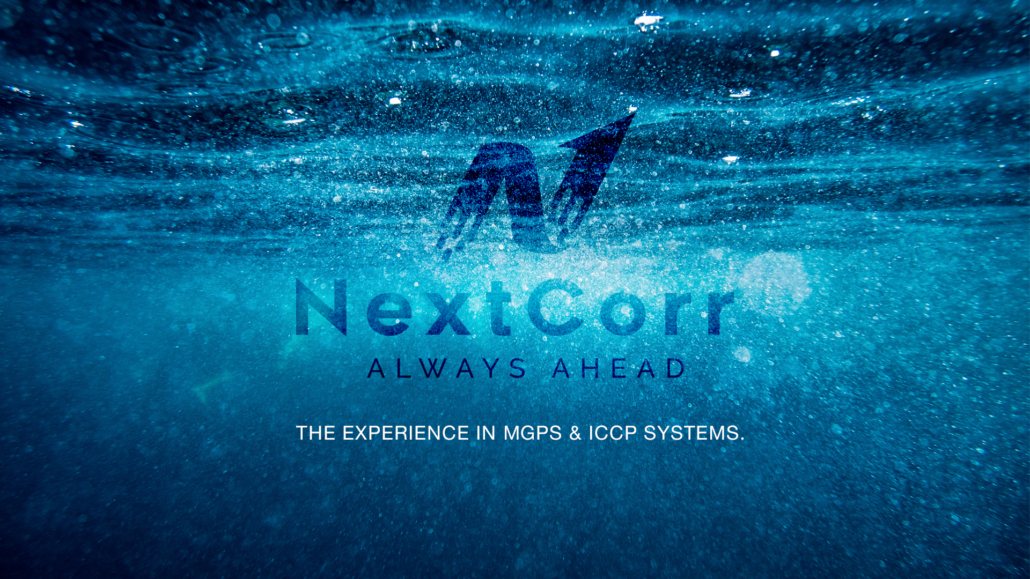Corrosion is a natural process that occurs when metal surfaces come into contact with various elements, such as water and oxygen.
This can cause damage to the metal over time, leading to the need for costly repairs and maintenance.
In order to prevent corrosion and prolong the service life of metal surfaces, two main technologies are used: impressed current cathodic protection (ICCP) and sacrificial anodes. In this article, we will take a closer look at both of these technologies, their advantages and disadvantages, and when they are best suited for use.
Impressed Current Cathodic Protection (ICCP):
ICCP systems work by applying a small electrical current to a metal surface, which creates an electrolytic reaction that neutralizes the corrosion-causing agents in the surrounding environment. This allows for the prolonged service life of metal surfaces, as well as reduced maintenance costs and increased safety.
Advantages of ICCP include:
- Prolonged service life of metal surfaces
- Reduced maintenance costs
- Increased safety
Disadvantages of ICCP include:
- Higher initial cost of installation
- Complexity of system and maintenance
Sacrificial Anodes:
Sacrificial anodes are metallic pieces that are used to protect metal surfaces from corrosion by corroding preferentially to the metal surface that is being protected. As the anode corrodes, it releases electrons which neutralize the corrosion-causing agents in the surrounding environment.
Advantages of Sacrificial Anodes include:
- Lower initial cost of installation
- Simplicity of system and maintenance
Disadvantages of Sacrificial Anodes include:
- Need to periodically replace the anodes
- Limited protection, since they will be corroded over time
Conclusion:
Both ICCP and sacrificial anodes are effective solutions for preventing corrosion of metal surfaces. ICCP systems are more complex and require a higher initial cost, but offer a longer service life for metal surfaces and increased safety. Sacrificial anodes are a simpler and more cost-effective solution, but require more frequent maintenance and offer limited protection over time. The choice between the two will depend on the specific needs and requirements of the application.
NextCorr is a reliable partner that offers advanced technology, expert consultation and complete solutions for cathodic protection and marine growth prevention.
This is a general guide that you can use as reference, if you have specific questions, don’t hesitate to ask
NextCorr is a dependable and experienced partner that offers state-of-the-art technology, professional advice, and comprehensive solutions for active cathodic protection and the prevention of marine growth.
NEXTCORR: SU SOCIO EN SISTEMAS DE PROTECCIÓN CONTRA LA CORROSIÓN.
Are you tired of dealing with the costly and time-consuming maintenance caused by corrosion on your ship’s metal surfaces? Look no further than NextCorr’s impressed current cathodic protection (ICCP) systems.
Our advanced technology uses a small electrical current to neutralize the corrosion-causing agents in the surrounding environment, prolonging the service life of your ship’s metal surfaces and reducing maintenance costs.
In addition to our ICCP systems, NextCorr also offers an anode range that is designed to be lightweight, easily changed by diver, and produce a high output from a small footprint. These anodes offer a solution for high performance and ease of installation.
Our experience and understanding of corrosion problems makes us the perfect partner to provide expert consultation and complete solutions for cathodic protection and marine growth prevention.
Don’t let corrosion slow your business down any longer, trust NextCorr to keep your ship’s metal surfaces protected and in top condition.


